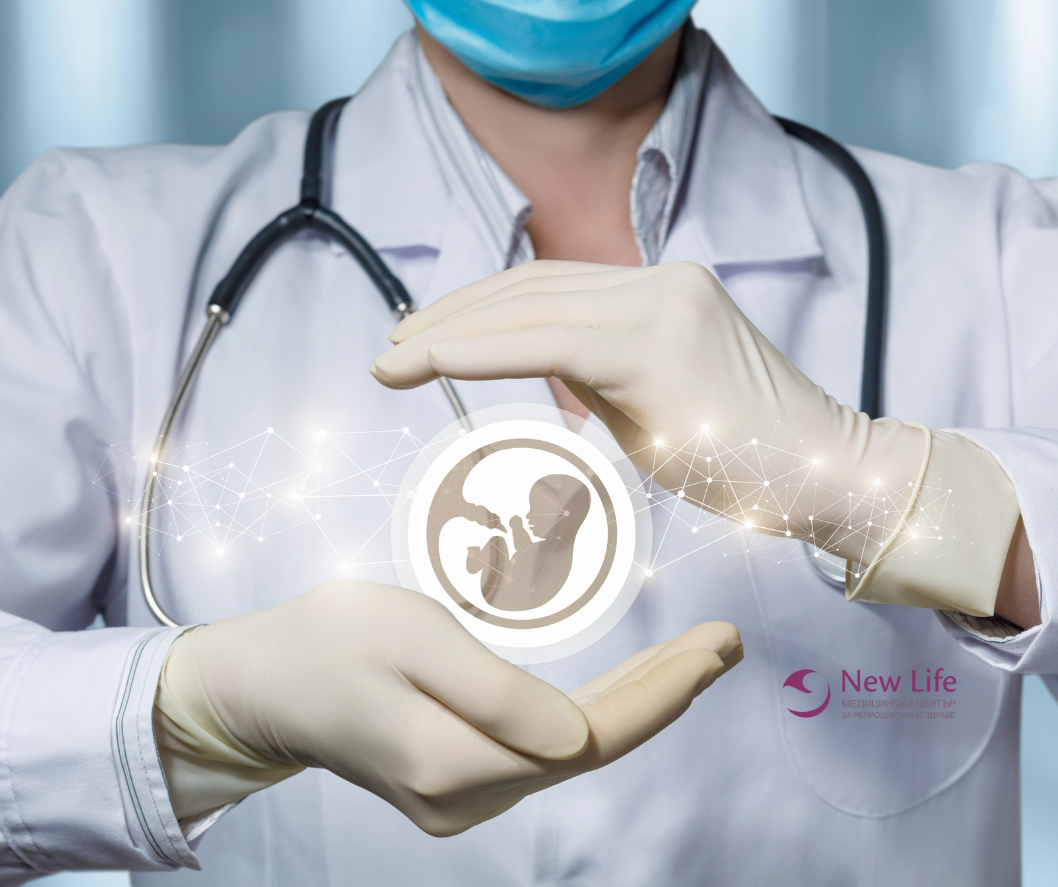The implantation of a fertilized embryo into the uterine lining is one of the most critical steps in human reproduction, determining the establishment of a successful pregnancy. While traditionally viewed as a purely physiological process, recent research has uncovered the vital role of the immune system in facilitating and regulating implantation. Far from being a passive barrier, the maternal immune system plays an active and complex role in creating the conditions for successful implantation, recognizing the embryo as semi-foreign tissue, and promoting its acceptance and growth.
THE CHALLENGE OF EMBRYO IMPLANTATION
Implantation presents a unique immunological challenge. The embryo, which is genetically distinct from the mother due to paternal DNA, could potentially be recognized as a foreign entity by the maternal immune system, leading to its rejection. However, for pregnancy to occur, the immune system must strike a delicate balance between protecting the mother from potential infections and allowing the embryo to implant and develop. This balance involves a combination of immune tolerance, modulation, and selective activity of immune cells.
KEY IMMUNE CELLS INVOLVED IN IMPLANTATION
Several immune cells are crucial for the process and they contribute both directly and indirectly to embryo acceptance and growth. Among them, the most prominent are:
– Uterine Natural Killer (uNK) cells. These cells are the most abundant immune cells in the endometrium during early pregnancy. Unlike traditional NK cells that destroy infected or abnormal cells, uNK cells exhibit a modified function. They promote the remodeling of uterine blood vessels and secrete cytokines, which support the establishment of a nurturing environment for the embryo. They are critical for ensuring adequate blood flow to the growing placenta, thereby supporting the embryo’s nourishment.
– Macrophages. These immune cells also play an essential role during the process. They contribute to tissue remodeling by clearing apoptotic cells and debris from the uterine lining. Macrophages produce growth factors, such as vascular endothelial growth factor (VEGF), which are essential for angiogenesis (the formation of new blood vessels) around the implantation site. This angiogenesis is vital for providing oxygen and nutrients to the developing embryo.
– Regulatory T Cells (Tregs). Tregs are responsible for inducing immune tolerance during implantation. They prevent the maternal immune system from attacking the embryo by downregulating the immune response against the paternal antigens present in the fetus. Tregs secrete anti-inflammatory cytokines, such as interleukin-10 (IL-10), that create a localized immune-suppressive environment, which is essential for embryo survival during early pregnancy.
IMMUNE MODULATION AND IMPLANTATION
The immune system undergoes a series of changes during the implantation window, the period during which the endometrium is receptive to the embryo. This is referred to as “immune modulation.”
– Cytokine Networks. Cytokines are small signaling proteins that regulate immune responses. During the process, the uterine environment shifts towards an anti-inflammatory state, primarily orchestrated by cytokines like interleukin-10 (IL-10), transforming growth factor-beta (TGF-β), and leukemia inhibitory factor (LIF). These molecules suppress excessive inflammatory responses that could harm the embryo while promoting tissue remodeling and vascular changes necessary for implantation.
– Balance Between Pro-Inflammatory and Anti-Inflammatory Responses. Successful implantation depends on a finely tuned balance between inflammatory and anti-inflammatory signals. Initially, a mild inflammatory response is required to enable the invasion of the trophoblast (the outer layer of the embryo) into the uterine lining. However, after this initial phase, a shift towards an anti-inflammatory environment is necessary to support continued embryo development and avoid immune rejection.
IMMUNE DYSFUNCTION AND IMPLANTATION FAILURE
Immune dysfunction can significantly contribute to implantation failure, leading to infertility or recurrent pregnancy loss. Inadequate immune tolerance, excessive inflammation, or an insufficient number of regulatory T cells can result in the rejection of the embryo. Conditions such as autoimmune disorders, chronic inflammation, and infections may lead to an overactive immune response, preventing successful implantation.
Additionally, abnormal activity or function of uterine NK cells has been linked to failed implantation. Excessive cytotoxicity or a lack of appropriate cytokine production by these cells can interfere with the establishment of a proper blood supply to the embryo, impairing its development.
THERAPEUTIC APPROACHES TO IMMUNE-RELATED IMPLANTATION ISSUES
Given the critical role of the immune system in implantation, researchers and clinicians are increasingly focusing on immunomodulatory therapies to improve the process outcomes, particularly in women with recurrent implantation failure (RIF) or recurrent pregnancy loss (RPL). Some of the emerging therapies include:
– Immunosuppressive Drugs. Low-dose steroids are sometimes used to reduce excessive immune responses during the early stages of pregnancy.
– Intravenous Immunoglobulin (IVIG). IVIG therapy may help to modulate abnormal immune responses in women experiencing RIF by promoting a more tolerant immune environment.
– Intralipid Therapy. Intralipid infusions, a mixture of fats and nutrients, have been shown to alter NK cell activity, potentially improving the rates in women with immune-related infertility.
– Treg-Enhancing Strategies. Research is ongoing to identify treatments that can boost the number and activity of regulatory T cells, helping to induce tolerance to the embryo and supporting successful implantation.










